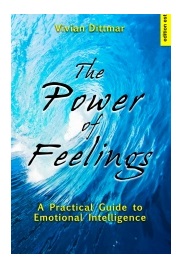Dating in your 20’s can be downright tough these days. A lot of times it’s all about “hooking up” or becoming “friends with benefits”, both which replace the notion of dating as a prelude to a long- term relationship or even saying “I do”. On paper, avoiding commitment seems like a good idea – remaining friends can protect you from the things that tear most couples apart – jealousy, cheating, heartbreak…but what happens when your ”hookup” becomes the one person you can’t live without? Set in the damp and drizzly neighborhoods of Portland, Oregon author Rebecca Kelley’s fun and quirky literary debut, Broken Homes and Gardens [Blake Slate Press] reveals what happens when you toe that fine line between friends and “more”.
Not exactly on-again, off-again, Malcolm and Joanna are in-again, out-again: in love, out of each other’s arms, in an awkward co-living arrangement, out of the country. Their unconventional relationship is the only way, Joanna says, to protect herself from the specter of commitment, which inevitably leads to heartbreak. A When Harry Met Sally meets Portlandia for the Millennial generation, Broken Homes and Gardens is an ode to friendship, lust, and the unrelenting pull of love. It will appeal to readers who love romance, quirky humor, and stories that offer a deeper and sometimes darker look into the risks we take for love.
“Throughout literary history, romantic involvements for young women have been treated as a problem with an easy answer: find the right man, marry him,” says Rebecca, “but I believe the period of early adulthood is not focused only on long-term coupling and knot tying. Many women I know – myself included – were involved in one or two long-term relationships in their 20’s. The struggles of dealing with their ending, and the aftermath, had an enormous impact on our development as women, and an even greater impact on future relationships.”
A contemporary tale full of wry humor, convincing dialogue, and emotional twists and tangles, Broken Homes and Gardens touches upon the following themes:
• The often messy, complicated, confusing and passionate twenty-something love, both in literature and life
• A unique look at the melting pot that is Portland, OR, known as the place where “young people go to retire”
• The “Hookup” Culture: the troubles with 21st century dating and love
• An honest look at “friends with benefits” – does it ever really work?
• Broken homes – literally and figuratively
 “My heroine in Broken Homes and Gardens undergoes some relationships in her late teens and early twenties that shake her belief in love so firmly that she decides marriage is not the answer to any of her problems,” adds Rebecca. “Joanna’s approach to her relationship with Malcolm isn’t optimistic but it’s rational. It’s understandable. And I think her story speaks to many of us.”
“My heroine in Broken Homes and Gardens undergoes some relationships in her late teens and early twenties that shake her belief in love so firmly that she decides marriage is not the answer to any of her problems,” adds Rebecca. “Joanna’s approach to her relationship with Malcolm isn’t optimistic but it’s rational. It’s understandable. And I think her story speaks to many of us.”
For the Silo, Erin MacDonald-Birnbaum.
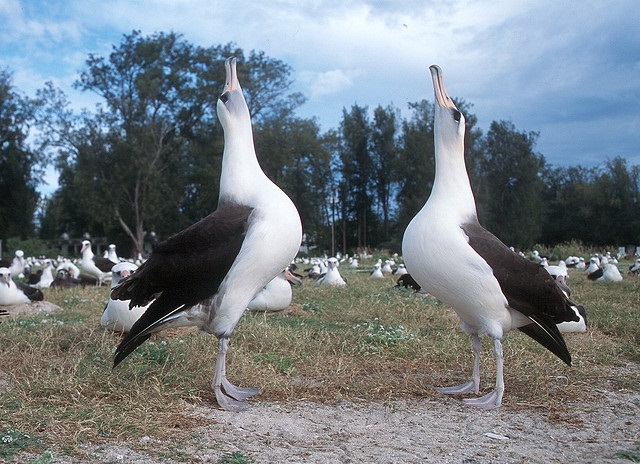
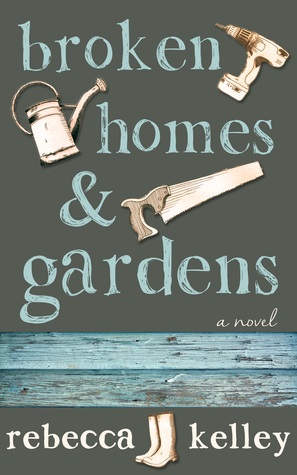

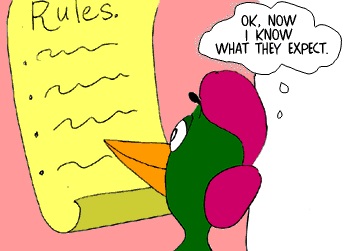 You have probably always wanted to write a book. You have probably tried to start writing it several times and gave up. Or maybe you did write it, but it didn’t quite turn out the way you wanted it to. You have most likely been scared and frustrated by the writing process, as well as exhilarated and thrilled. And you probably wondered how you could tell exactly what you wanted to tell, and tell it well.
You have probably always wanted to write a book. You have probably tried to start writing it several times and gave up. Or maybe you did write it, but it didn’t quite turn out the way you wanted it to. You have most likely been scared and frustrated by the writing process, as well as exhilarated and thrilled. And you probably wondered how you could tell exactly what you wanted to tell, and tell it well.

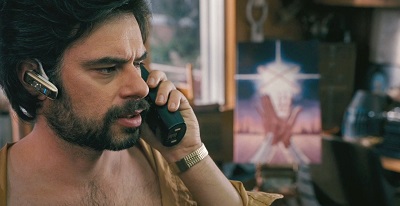
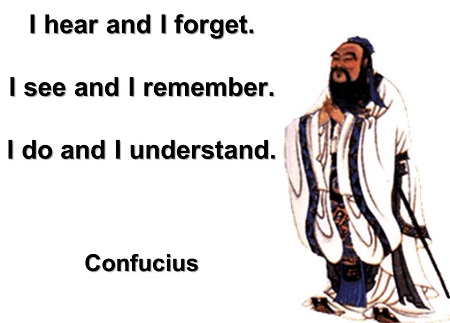 you get stuck you will get unstuck, and with new knowledge keep charging forward. You will see that learning how to write well takes time, and you will allow your tale to be bad and awkward and messy, because you will know that it’s normal, and this is what will keep you from quitting. That’s huge. I wish someone told me this when I started.
you get stuck you will get unstuck, and with new knowledge keep charging forward. You will see that learning how to write well takes time, and you will allow your tale to be bad and awkward and messy, because you will know that it’s normal, and this is what will keep you from quitting. That’s huge. I wish someone told me this when I started.
